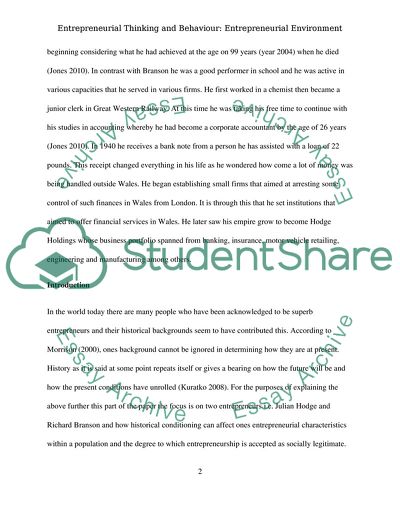Cite this document
(Entrepreneurial Thinking and Behavior: Entrepreneurial Environment Assignment, n.d.)
Entrepreneurial Thinking and Behavior: Entrepreneurial Environment Assignment. Retrieved from https://studentshare.org/humanitarian/1741009-module-title-entrepreneurial-thinking-and-behaviour-assignmententrepreneurial-environment
Entrepreneurial Thinking and Behavior: Entrepreneurial Environment Assignment. Retrieved from https://studentshare.org/humanitarian/1741009-module-title-entrepreneurial-thinking-and-behaviour-assignmententrepreneurial-environment
(Entrepreneurial Thinking and Behavior: Entrepreneurial Environment Assignment)
Entrepreneurial Thinking and Behavior: Entrepreneurial Environment Assignment. https://studentshare.org/humanitarian/1741009-module-title-entrepreneurial-thinking-and-behaviour-assignmententrepreneurial-environment.
Entrepreneurial Thinking and Behavior: Entrepreneurial Environment Assignment. https://studentshare.org/humanitarian/1741009-module-title-entrepreneurial-thinking-and-behaviour-assignmententrepreneurial-environment.
“Entrepreneurial Thinking and Behavior: Entrepreneurial Environment Assignment”, n.d. https://studentshare.org/humanitarian/1741009-module-title-entrepreneurial-thinking-and-behaviour-assignmententrepreneurial-environment.


